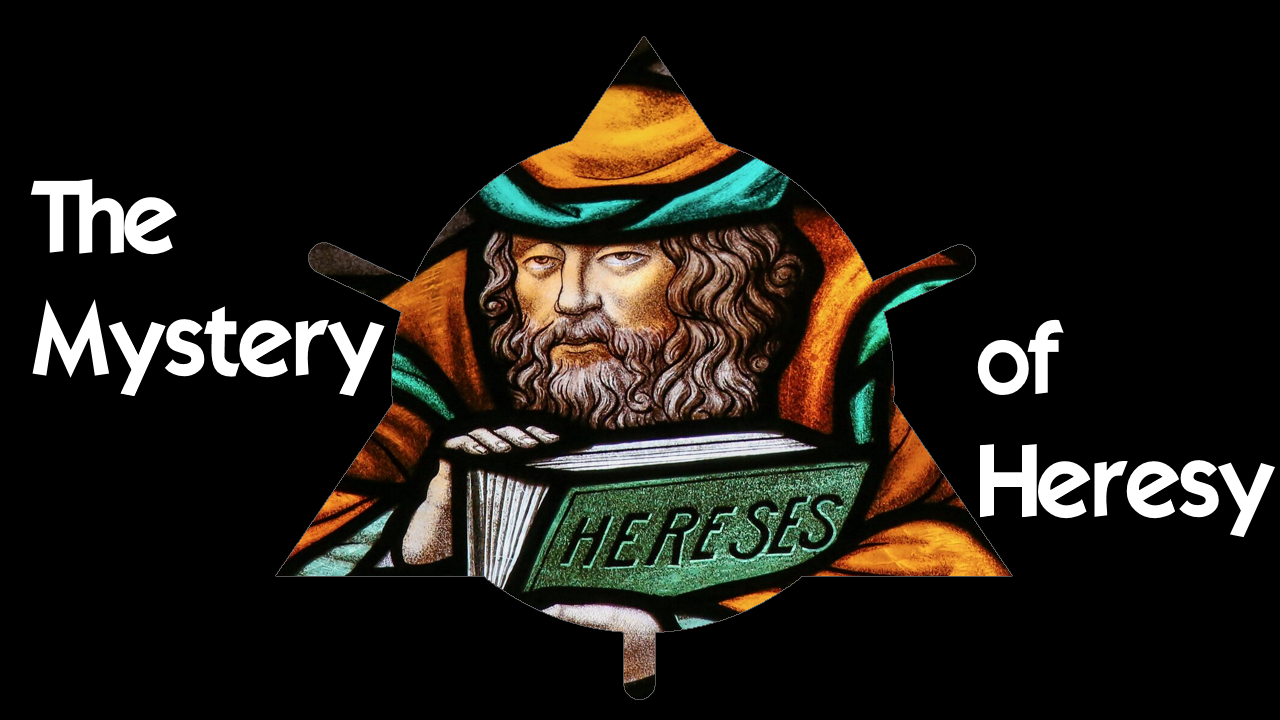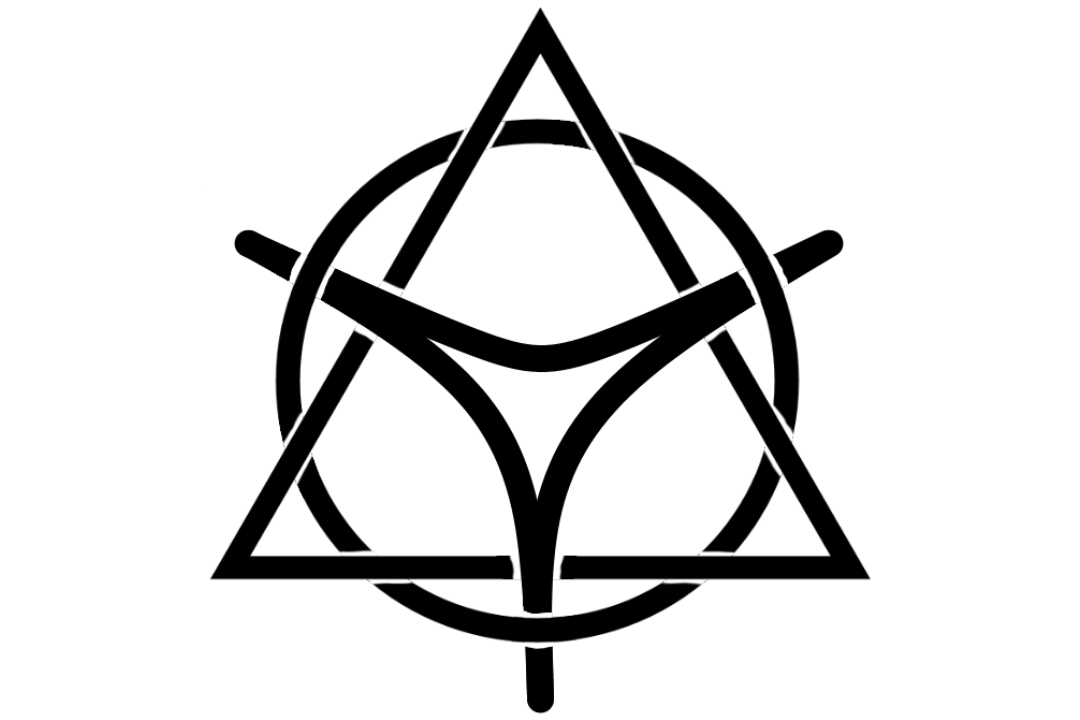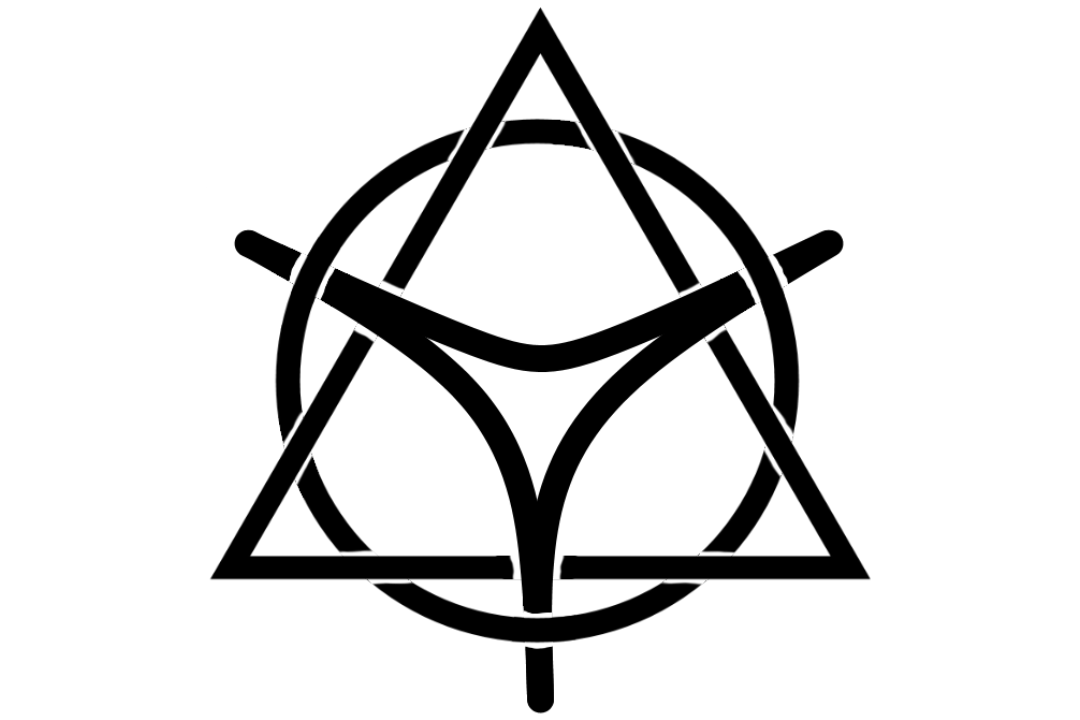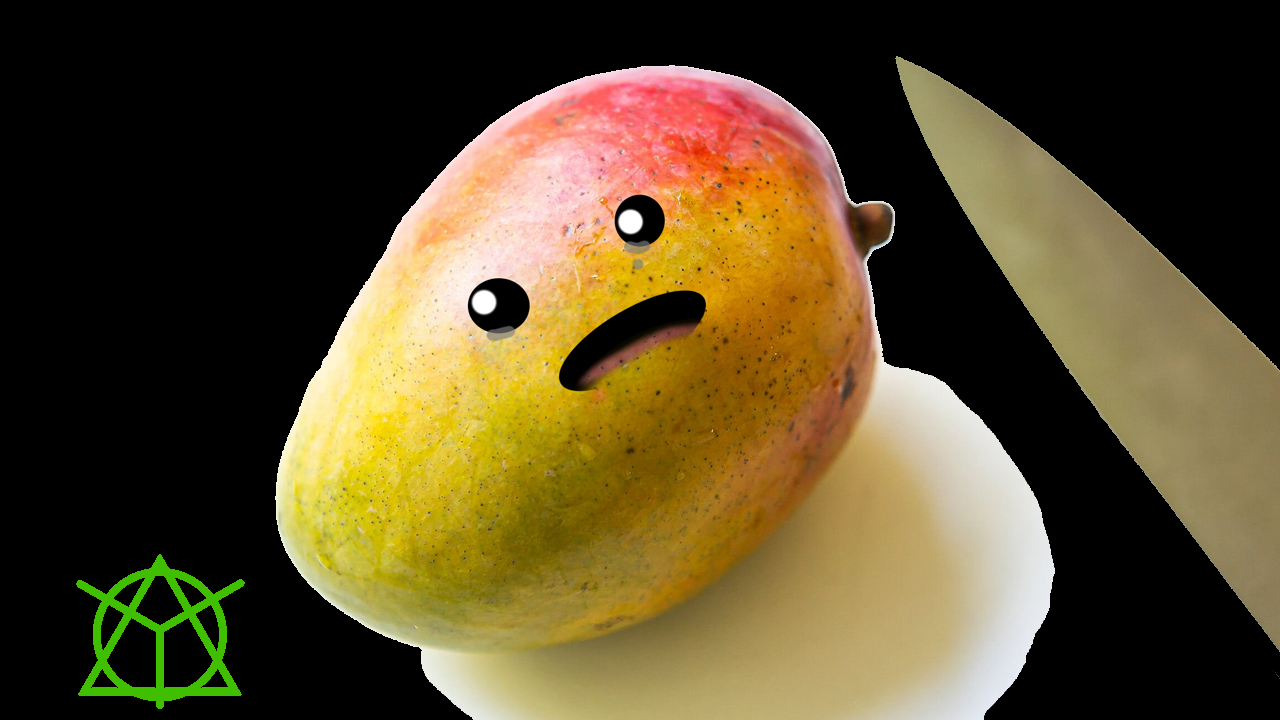FSF Christian Heresy and Pagans
Welcome to Fun-Sized-Friday, randomly research a selected topic, then present a short story after. I am author, botanist, historian, and gamer J J Bartel, and this time its Christian Heresy and Pagans.
I already had a story in mind that I wanted to cultivate into greatness, but there was a niggling part of the story that was not adding up for me. The main character is technically a heretic, but the nuance I wanted to write him with seemed to be oxymoronic and impossible. I needed to do some research. When dealing with words with an intense meaning, going back to word origins may help.
The first fundamental research I did was go to the online etymological dictionary. According to the source, the Greek “hairesis” is “a taking or choosing for oneself, a choice, a means of taking; a deliberate plan, purpose; philosophical sect, school,” was a part of it. The beginning of the word’s existence implies that greeks would choose or “hairesis” their ideas and life philosophy. This choice resulted in different groups, and schools. Not so bad. A related word, apheresis, “aphairesis” is defined as “a taking away,” from “aphairein” “to take away,” was not only used to imply silent letters in the front of words that you did not say. It also came with the idea that you took yourself way to another school of thought. That right there is the egg that hatches on the troublesome chicken.
Imagine you are an ancient greek living by the ocean. It’s normal to worship Poseidon the god of the ocean. However, imagine falling in love and getting married to someone from an inland town that lives off of farming and making wine. They will worship Demeter, the greek goddess of the harvest, and possibly Dioynsis, the greek god of wine. They are not near oceans, so worshiping ocean divines does not happen often. To make nice with your inlaws, it would be normal to “hairesis” yourself from the ocean god and join with a part of the pantheon that is more relevant to your current walk of life. This life shift from one god to another is not morally wrong in a pantheistic religion.
If we travel from Greece BC to France 1200 years AD things change. These people are mostly Christian, historically catholic, and they speak old french. The language descends from greek, then Latin, then an offshoot forms old french. If “hairesis” is the grandpa, then the old french grandchild is “heresie” and “eresie”. In the language, It is similar to word forms and relations to other words like sodomy and immorality.
So now imagine yourself as a Frank in the 1200s. Imagine meeting someone like a gypsy or a jew and falling in love. You may have to worship other gods or hold to belief systems that would seriously conflict with Christianity. All to make nice with your inlaws. That would have made you an unbeliever and risked your soul getting banished to hell with your original family. In this historical context, choosing a different set of beliefs was truly immoral. My trouble chicken lept into the frying pan.
This felt like half the answer. Depending on the religion, heresy may be an intense theological matter or a mild manner. I was looking for something I did not quite know how to say.
I then got onto google scholar and scribed for heresy before christ. I mostly got Christian heresies. I then searched for Buddhist heresies. Maybe seeing how a pantheistic, moralistic religion worked with heresies would help me figure out what’s happening. Just reading through the titles, on the next five pages, there were a few common themes that popped out.
The papers either talked about heresy from the perspective of the believer, the heretic, or the outsider. Furthermore, There were regional and time variations, so heresies in medieval china were different than in modern-day Japan. The final thing that stuck out was that believers and heretics are somewhat in the eye of the beholder. If orthodox religion condemned a group, the group being condemned usually did not accept being called the Buddhist equivalent of a heretic. Most of the time, they said they had to split to keep the true religion or were so geographically separated from the main religion that regional differences were forced to happen. Buddhism practices in tropical India will differ from Buddhism in Japan’s northern Arctic regions. The only significant time that people were willing to accept being called heretics and called themselves heretics were in spiritual protest to the orthodox. I saw this same pattern in Google scholar with Christian orthodoxy and heresy. This is when my troublesome fried chicken went from the frying pan into the fire sauce and became a delicious spicy fried chicken.
Humans desire to be on the “right side of history”. Humans want to think, feel, believe, and act like their actions are always right. We want to think that we have the right religion, the right body, the right mindset, and the right to feel whatever whenever. If I call myself good and my neighbor calls me evil, one of us is wrong, and I don’t want it to be me. If I call my neighbor evil, but my neighbor calls himself good, one of us is wrong, and I don’t want it to be me. Despite this normal human desire, there are those that rebel. Hippies, punk rockers, and goths use elements of a culture, like style, music, and hobbies, to show off a rebellion against the current culture. They are proud to be the cultural heretics.
The Lutherans and protestants reveled in their rebellion against a morally and spiritually bankrupt catholic church in the 1500s. The gypsies and Jews would have been outsiders of a Christian community in 1200s France. They used different religious rules to get rich, evade taxes, and pursue freedom. Throughout much of greek history, even well-known gods like Dynosesis had obscure origins. The god of wine started as a heretical wine cult that slowly became legitimate due to its popularity.
A heretic is in denial or in rebellion with others. That’s why heretic studies seem off. The study of Heresy will always be conflicting.
I now know what I need to do to write my short story. Feel free to subscribe to catch that tale next week. Liking this vid helps me grow. If you want more academic work from me, you can purchase my book, “The Lost Soul of Scholastic Study,” online. Until next time, Let’s cultivate some greatness.





I love your choice of musical accompaniment; it enhances a well written story! I truly enjoyed your perspective on this. Your words and the details in them set you apart.